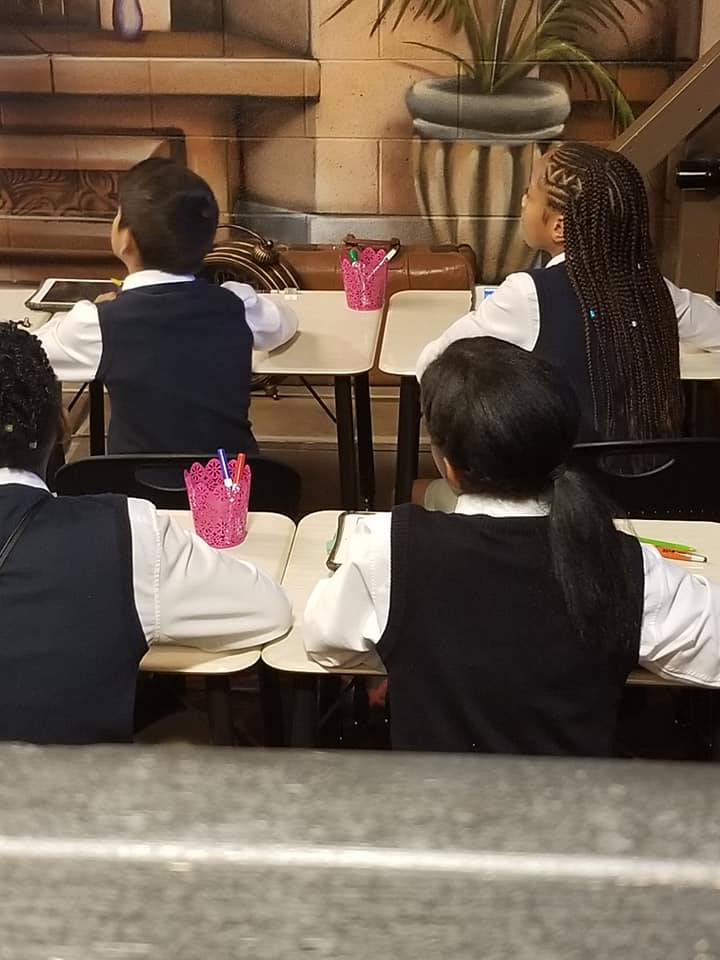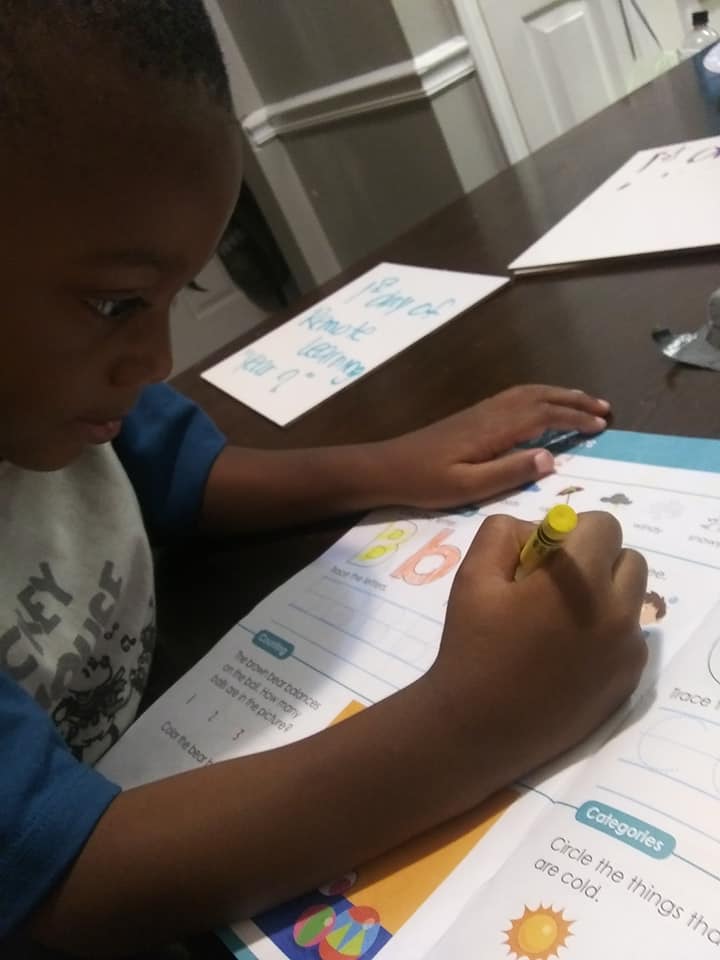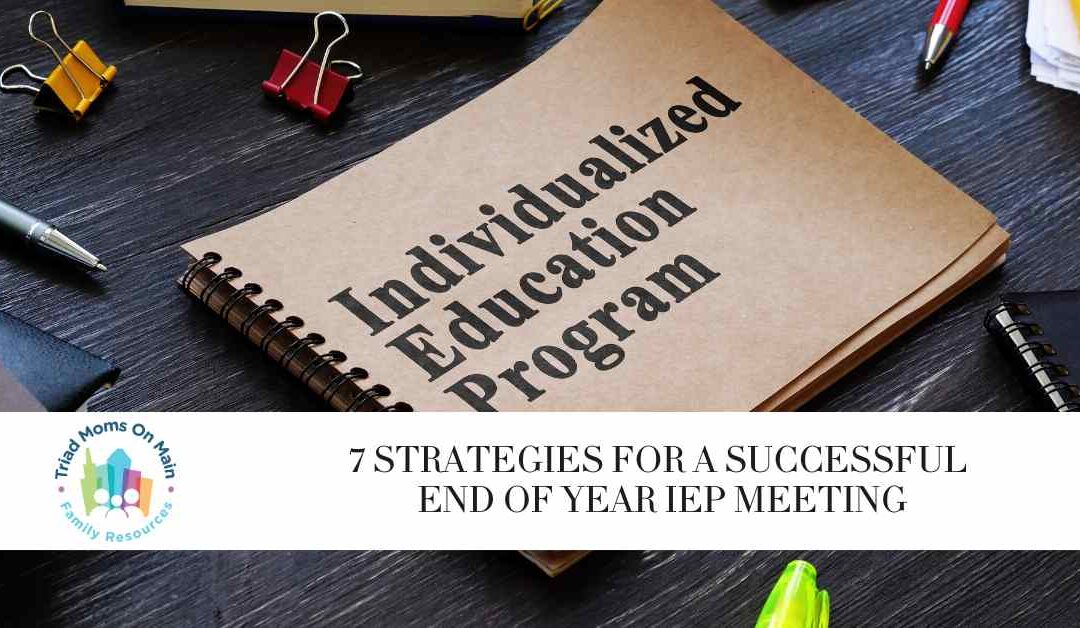By TMoM Team Member Britney Dent
As the school year draws to an end, most teachers are scheduling end of year IEP meetings or “re-eval” meetings. An IEP (Individualized Education Plan) is a legally binding document that lays out accommodations for students receiving special education services.
Having IEP meetings can be very hard on parents of a special needs child. Often, these meetings are very intimidating. Being in a room with the support team for your child, often 6 or more people can seem daunting. Although, it is important to remember they are there to help your child.
In these meetings, your child’s teacher and other team members will give you valuable information about how the child is doing. Such as, academically, socially, and emotionally while at school and suggest plans for the upcoming school year.
Sometimes, teachers share results of various tests and explain what the test scores mean in relation to your child. Also, the teacher hopes to gather helpful information from you. This may include what you think about your child’s level of academic performance and any medical information.
Consequently, by being prepared for these meetings you can help your child enjoy greater success.

7 Strategies to Help Prepare for a Successful IEP Meeting
- Be prepared: list your questions.
What do you want to know about how your child is doing socially, academically, and emotionally at school? Write down your questions so you don’t forget them. In other words, seek specific information. - Be present and on time.
It is surprising at the number of parents who arrive late, expecting the instructor will be waiting. Thus, only to find she’s already started the next conference! Yes, your time is valuable. The teacher’s time is too, and she has many more students and families to accommodate. Keep in mind, you should receive a meeting invitation approximately 7-10 days prior to the IEP meeting. (Hopefully, it’s mailed to the house and not lost in your child’s backpack) but be sure to look out for it. However, if you need more notification you have the right to request a date and time change. - Listen and follow the teacher’s lead.
The teacher will have an agenda of everything she is required to review during the meeting. So, take the teacher’s direction in terms of how to proceed. - Inquire about at-home strategies.
If you’re curious about how the teacher approaches a certain subject or behavior, it is a good time to ask about it. Thus, implementing the same strategies at home and over the Summer can help your child tremendously.
- Bring helpful documentation.
• Current/past IEP
• Report cards
• Work samples (writing, drawing, coloring)
• Progress reports
• FBA (Functional Behavior Assessments)
• BIP (Behavior Intervention Plans)
• Medical records
Consequently, having these items with you enables you to be prepared for just about anything. - Set goals for your child.
One thing that trips parents/guardians up in IEP meetings is setting goals for the child. Write down goals ahead of time based on expectations for the upcoming year. Also, keep in mind that these goals will change as your child and expectations grow. Put some time into thinking about realistic goals for your child. Have those goals prepared for your year-end meeting. Remember, this will help you feel at ease. Prepare to advocate in your child’s best interest and be comfortable with the entire process. - Show appreciation.
Everyone wants recognition for their professional skills. So, let the teacher know you notice what she’s doing with your child. Thank her for her hard work. IEP meetings take a LOT of preparation on the teacher’s part.

Your Child Benefits
Listening to things your child is not doing is disheartening, but do not take it personally. This is an important step in helping your child and being realistic. Preparedness, having everything put together will help you be calm, understanding, and able to handle the negatives. Do your part too. After all, you and the teachers are “in it together” when it comes to educating your children. In conclusion, follow these strategies to have a successful IEP meeting and ultimately, your child will reap the benefits of your efforts.

Want to see more blogs like this and also get notifications on local events and happenings? Subscribe to our free weekly newsletters here.










